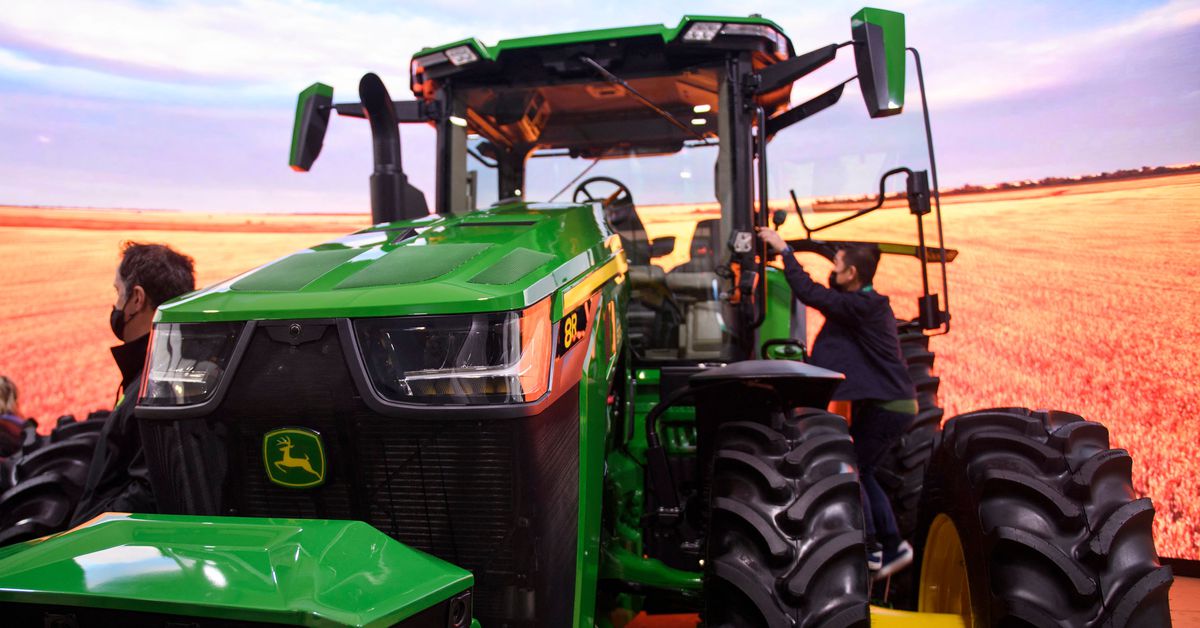- Messages
- 20,167
- Location
- Springfield, Missouri
I was at a tech conference this week and one of the sponsors was John Deere. I attended the talk by their project lead for their analytics side. They have some pretty cool stuff going on as far as the services they are making available to farmers.
Their tractors are approved to be fully self driving, which is scary and cool. The accuracy of the gps is within one inch of actual location. They can track every seed planted and its exact location. When they come back to treat or fertilize, they can do very precise applications using that information, reducing chemicals used. They can do soil sampling during the planting process to do more precise dosages for areas that need more or need less.
When spraying weeds, they can use image recognition to know what is a crop and what is a weed to apply herbicide directly to the weeds only.
Currently their analytics database is about 50 petabytes in size. This grows daily as they retain data for farmers to compare year to year yields and other data point. All of that comes at a cost, he said about $10 million per month in just cloud costs.
This grows daily as they retain data for farmers to compare year to year yields and other data point. All of that comes at a cost, he said about $10 million per month in just cloud costs. 
After looking at some annual usda reports though, farming is about $3 billion a year, in the US alone, and they support farmers world wide, so is probably chump change. Then there is all the marketing info they can get and sell from that information.
I’m sure they aren’t the only ones doing this, but was a cool session to sit through and see/hear about all of the possibilities.
Their tractors are approved to be fully self driving, which is scary and cool. The accuracy of the gps is within one inch of actual location. They can track every seed planted and its exact location. When they come back to treat or fertilize, they can do very precise applications using that information, reducing chemicals used. They can do soil sampling during the planting process to do more precise dosages for areas that need more or need less.
When spraying weeds, they can use image recognition to know what is a crop and what is a weed to apply herbicide directly to the weeds only.
Currently their analytics database is about 50 petabytes in size.

After looking at some annual usda reports though, farming is about $3 billion a year, in the US alone, and they support farmers world wide, so is probably chump change. Then there is all the marketing info they can get and sell from that information.
I’m sure they aren’t the only ones doing this, but was a cool session to sit through and see/hear about all of the possibilities.


